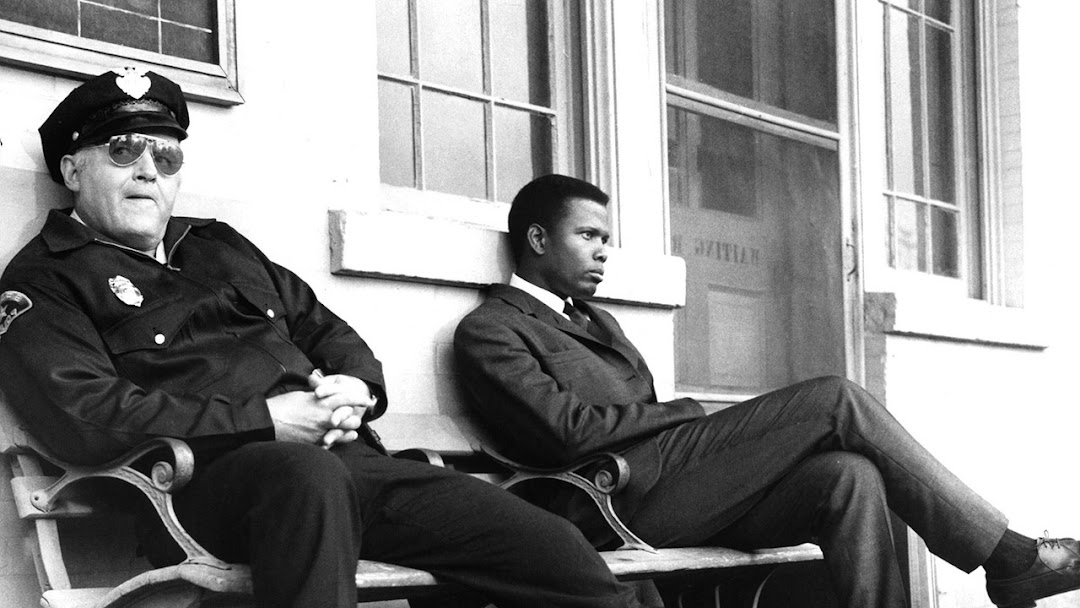As a lawyer, Hersch Lauterpacht (1897–1960) fought for the protection of the individual under international state law.
In 1915, Lauterpacht studied Law in Lemberg. Three years later, he witnessed clashes between the Polish and Ukrainian population. The clashes were accompanied by anti-Jewish pogroms. He himself was part of a Jewish militia.
In 1919, Lauterpacht transferred to the University of Vienna, where he researched issues concerning international law. In 1923, he moved to Great Britain to work as a university teacher, first at the London School of Economics and then at Cambridge. He fought for the acceptance of the fact that every individual has inalienable rights.
During the Holocaust, Lauterpacht lost a large part of his family in occupied Poland. In order to legally prosecute the crimes, he developed the concept of “crimes against humanity”. This concept was applied in legal arguments in Nuremberg for the first time. Lauterpacht worked on behalf of the British indictment at the Nuremberg trials.
In 1945, Lauterpacht published the book An International Bill of Human Rights. It served as a basis for the Universal Declaration of Human Rights in 1948, the European Convention for the Protection of Human Rights in 1950 and the International Covenant on Civil and Political Rights in 1966. Beginning in 1954, Lauterpacht served as a judge at the International Court of Justice in The Hague. He shaped the practice of international law for many years.


